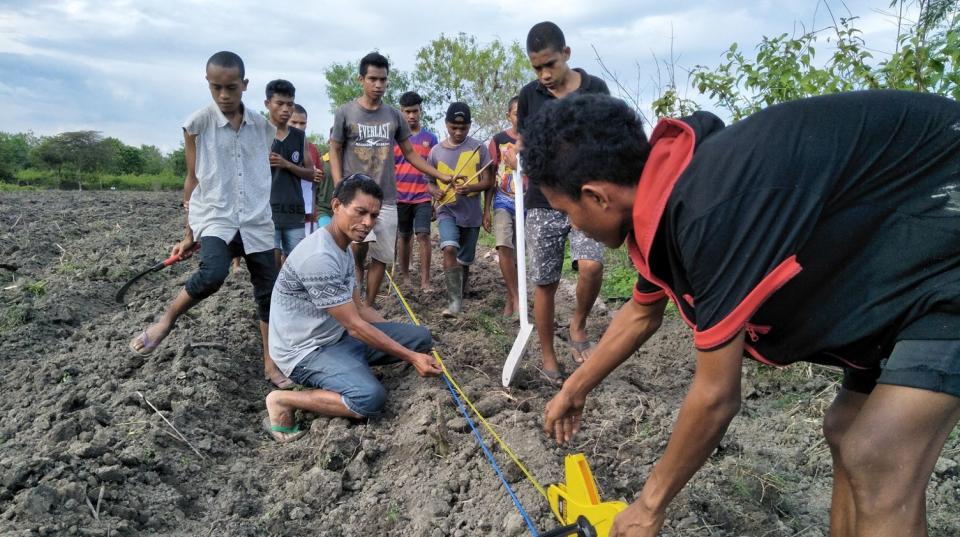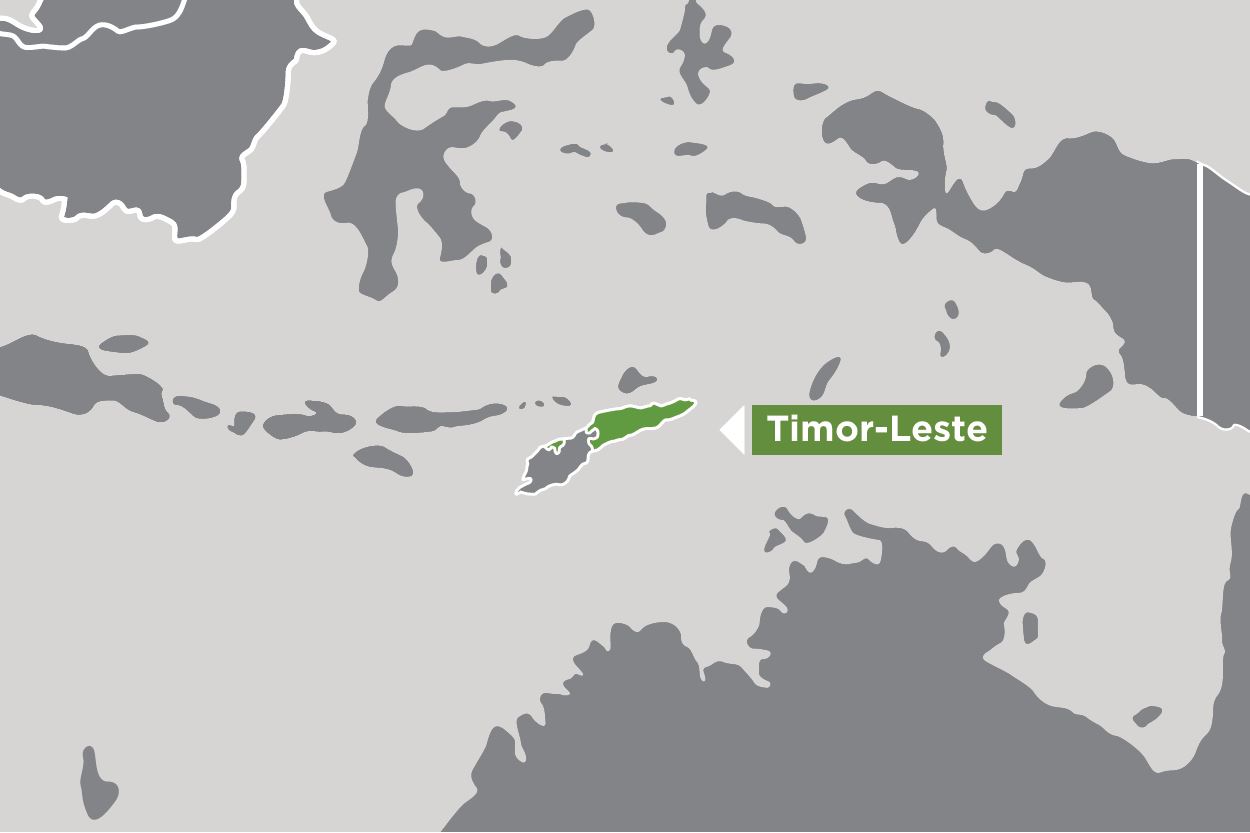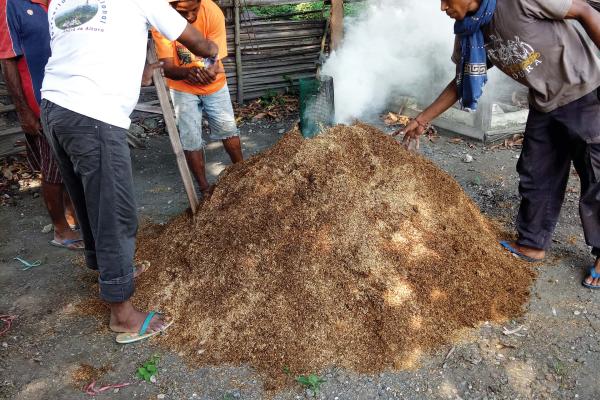Overview
This project aimed to improve agricultural productivity and profitability in Timor-Leste by addressing technical and social impediments to annual crop intensification, and by establishing forage tree legumes and sandalwood as a sustainable income source and land management practice.
Timor-Leste is largely an agrarian society, with more than three-quarters of the nation’s labour force engaged in agricultural activities. Most are subsistence farmers. Nearly half of all households live below the poverty line, and malnutrition is high, especially among children under the age of five.
The expansion of the government and construction sectors has created new markets for agricultural products, thereby opening an opportunity for local farmers to fill that demand. At the same time, slow but steady improvement in infrastructure (electrification and roads) makes it realistic to consider diversifying production. The recent electrification of most of the country is opening new opportunities for accessing water. This proposal aimed to undertake research required to underpin opportunities for farmers to shift from subsistence to income-generating farming.
Expected project outcomes
- Improved farm profitability and productivity for approximately 5,000 farming families.
- Development activities funded by other donors to scale out results of this project so that over time, as markets develop, most farmers in the target regions and beyond adopt some of the proposed innovations, produce new crops, sell surplus crops to food and feed processors, and generate new income.
- Technologies designed to have both an economic impact and introduce resilience into the local farming economy.
- Enhanced capacity of local partners, the MAF and UNTL and its students.







